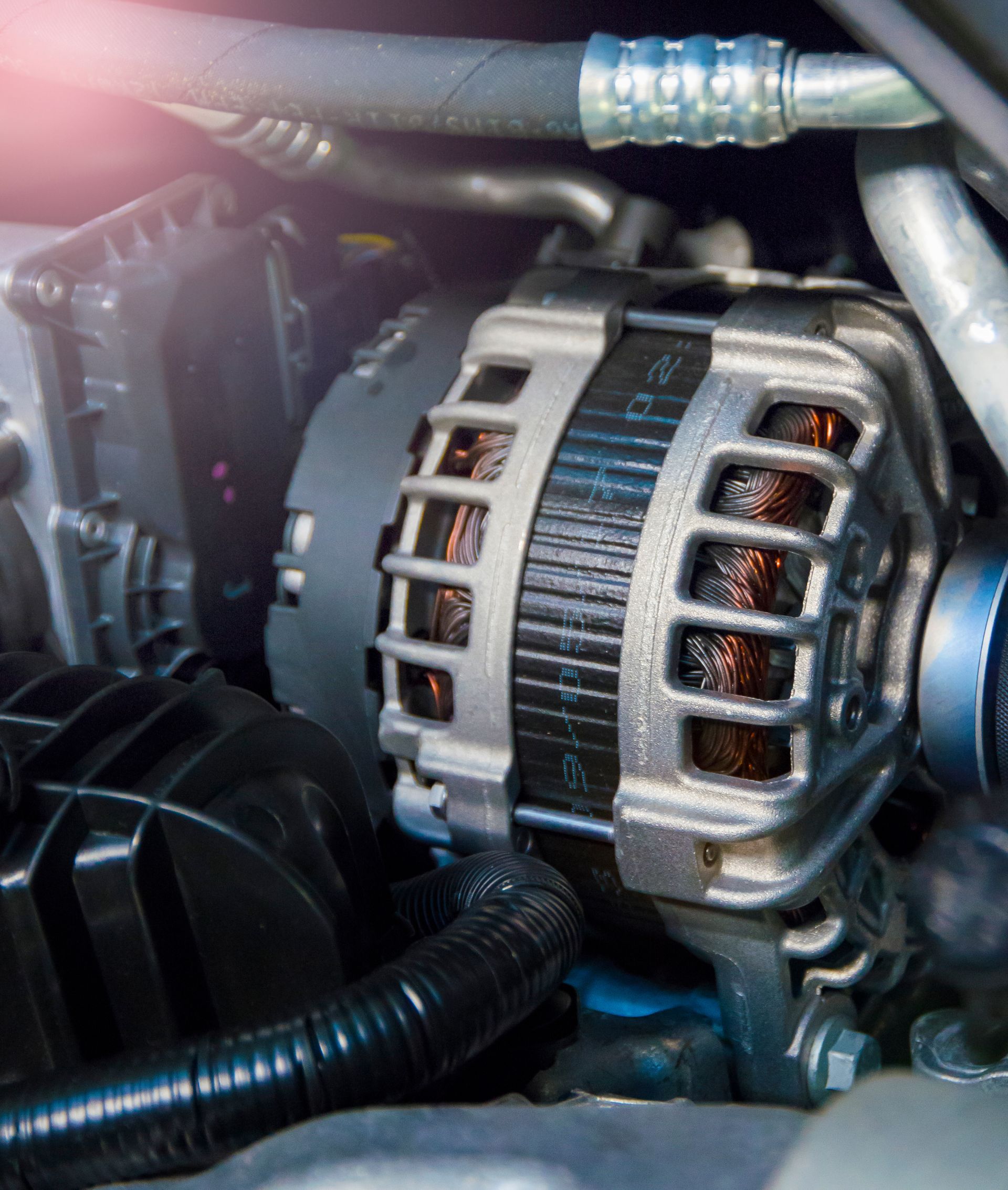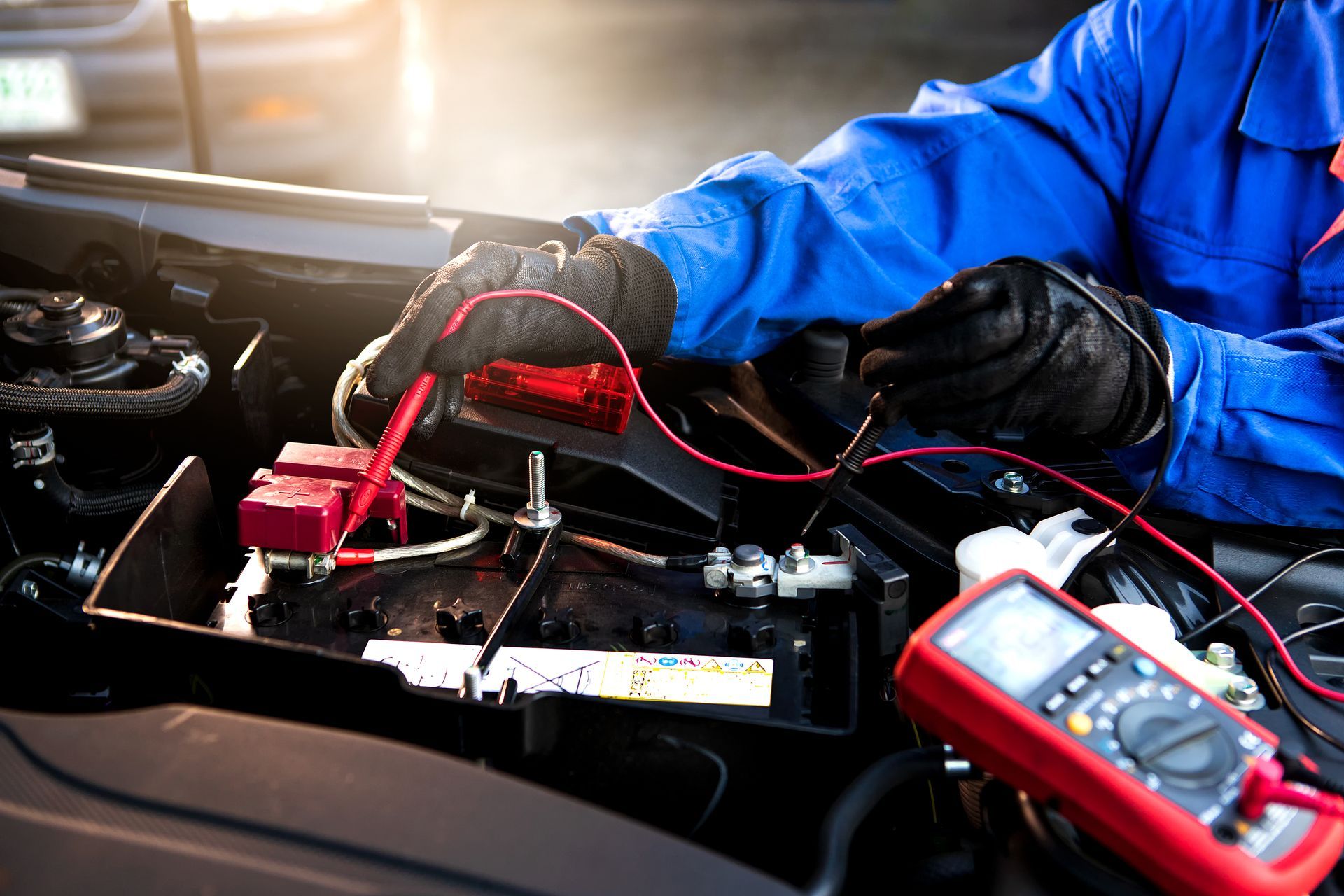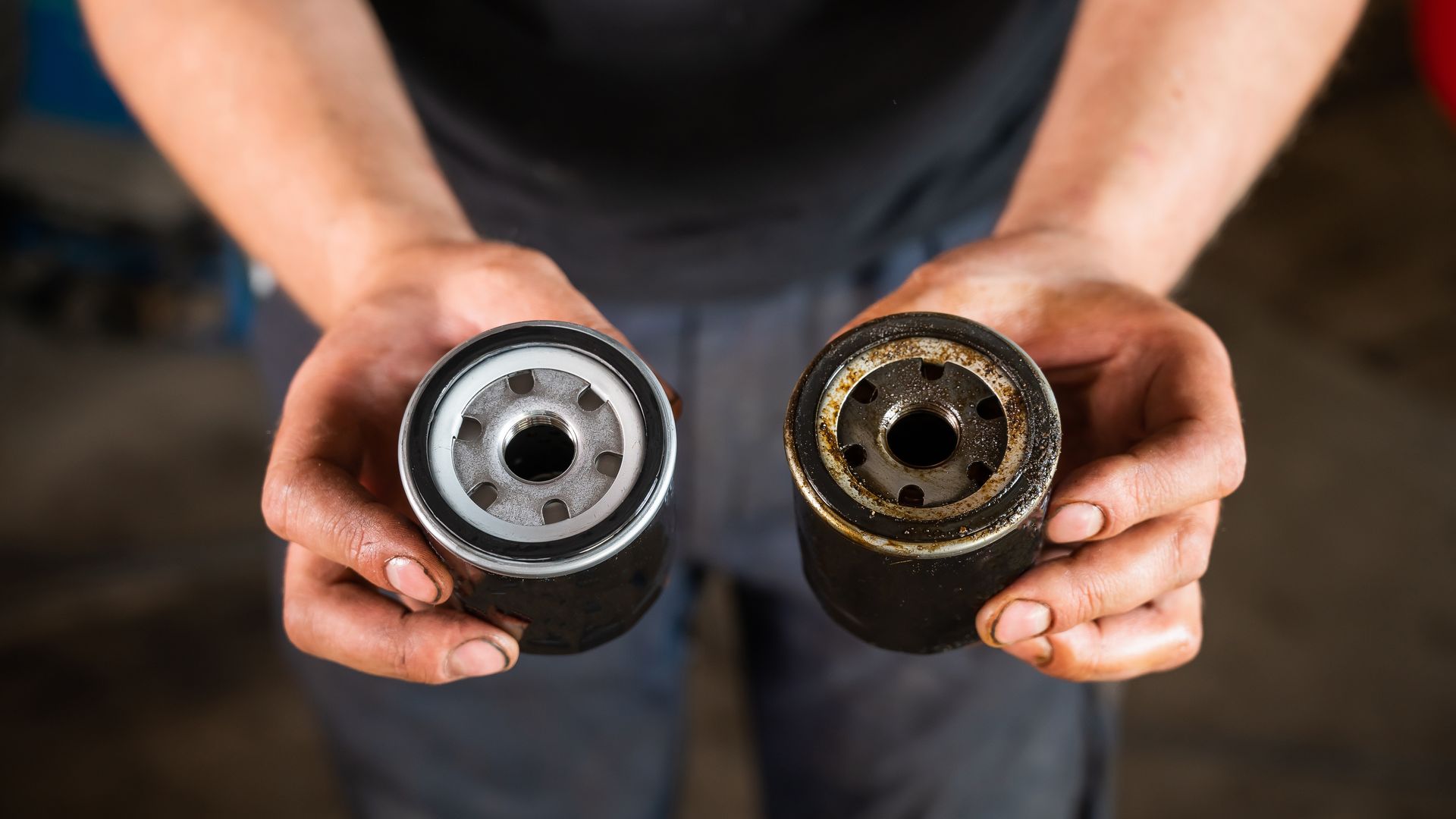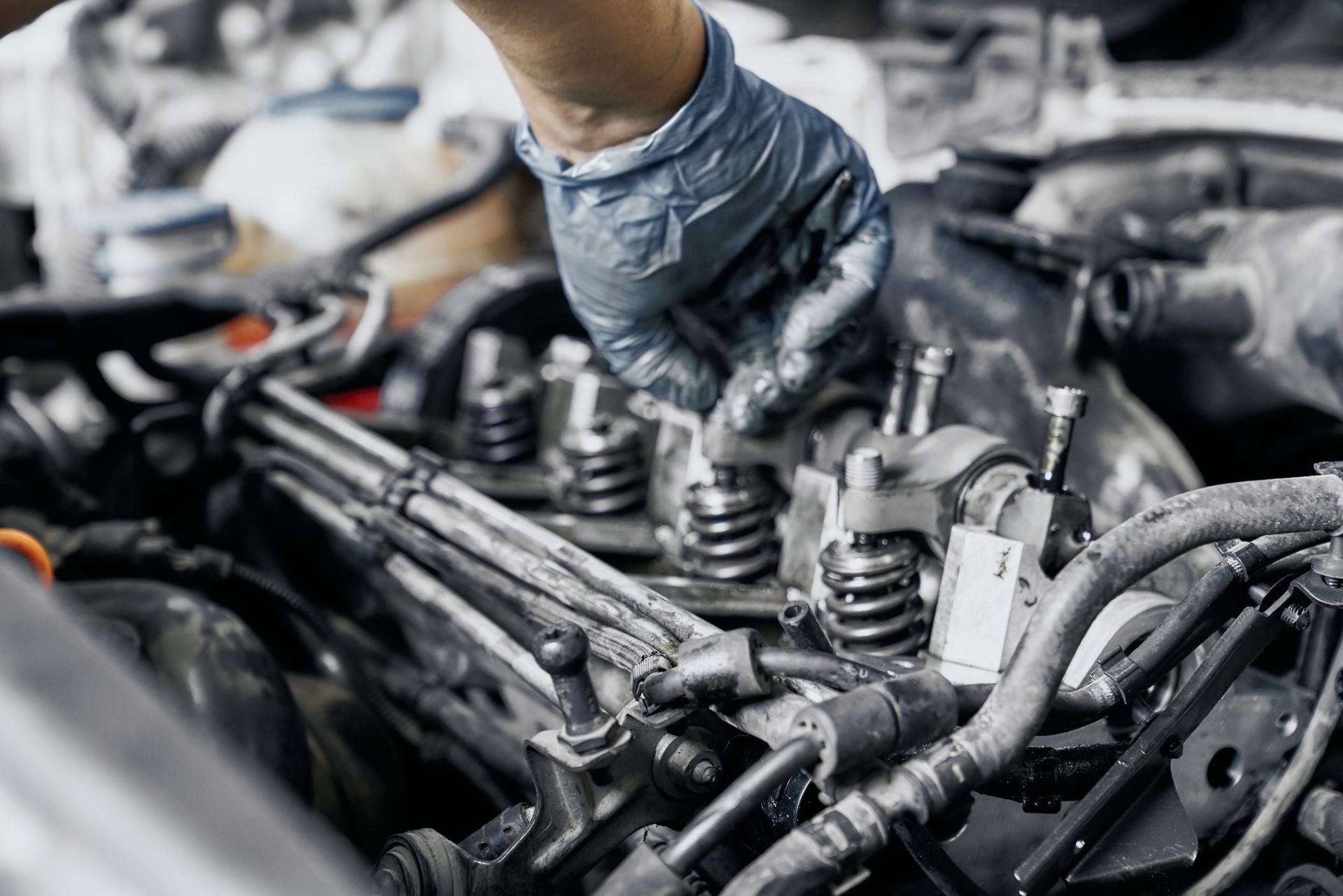The Vital Role of Auto Cooling Systems in Engine Health and Vehicle Performance
Auto cooling systems, comprising the radiator, coolant, water pump, and thermostat, are critical for maintaining optimal engine temperature. Engine overheating can cause severe damage, leading to costly repairs and potential breakdowns. We will explore the significance of auto cooling systems, highlighting their role in engine health, performance, and overall vehicle reliability.
Regulating Engine Temperature
The primary function of an auto cooling system is to regulate engine temperature. The radiator, coolant, and water pump help dissipate excess heat generated during engine operation. The cooling system prevents engine damage by efficiently removing excess heat.
Protecting Engine Components
Engine overheating can lead to severe damage to vital engine components. High temperatures can cause warping or cracking of cylinder heads, gasket damage, and even piston seizure. A well-maintained cooling system ensures the engine operates within the recommended temperature range, protecting these critical components and extending their lifespan.
Improving Fuel Efficiency
Proper engine temperature regulation through a functioning cooling system improves fuel efficiency. Fuel combustion is more efficient when the engine runs at an optimal temperature, resulting in better mileage. A well-maintained cooling system, including a properly functioning thermostat, allows the engine to reach its ideal operating temperature quickly, reducing fuel consumption and optimizing overall fuel economy.
Preventing Corrosion and Contamination
Cooling systems are susceptible to corrosion and contamination due to the presence of coolant and exposure to different metals and materials. Over time, contaminants and debris can accumulate in the cooling system, obstructing coolant flow and reducing effectiveness. Flushing and replacing the coolant prevent corrosion, eliminate impurities, and ensure proper coolant flow, promoting the longevity and reliability of the cooling system.
Consistent and Reliable Performance
An efficiently functioning cooling system ensures consistent and reliable engine performance. The cooling system supports the smooth and efficient operation by maintaining the engine at the correct temperature. Proper temperature regulation prevents sudden fluctuations impacting engine performance, such as power loss, misfires, or reduced acceleration. A reliable cooling system provides peace of mind for vehicle owners, knowing that their engine is protected and operating optimally.
Auto cooling systems are vital for maintaining engine health, enhancing fuel efficiency, and ensuring overall vehicle performance and reliability. By regulating the engine temperature, protecting engine components, improving fuel efficiency, preventing corrosion and contamination, and providing consistent performance, a well-maintained cooling system contributes to the engine’s longevity and the overall satisfaction of vehicle owners. Regular inspection, maintenance, and timely repairs of the cooling system components by an auto repair shop are crucial in maximizing engine performance and preventing costly repairs associated with engine overheating.







